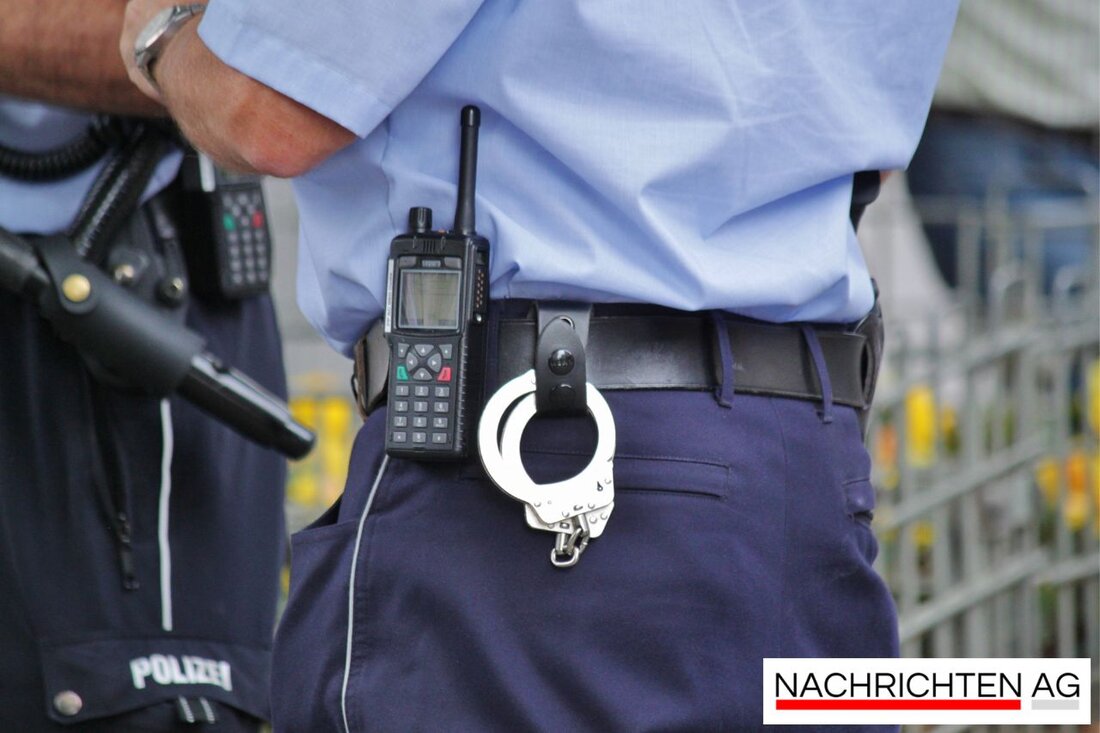Police and right-wing extremists: Illegal ammunition exercises in Güstrow exposed!
In Güstrow, the police illegally trained with war ammunition, which led to investigations against right-wing extremist structures.

Police and right-wing extremists: Illegal ammunition exercises in Güstrow exposed!
In an explosive case in Mecklenburg-Western Pomerania, revelations about police practices are being made. Since 2008, special units have been training at the private shooting range “Großer Bockhorst” in Güstrow, which is a rather shady habitat. Loud NDR The training included so-called “Special Forces Workshops”. However, rules and laws appear to have been violated, as war weapons ammunition may have been fired from 2015 to 2019 - a clear violation of the War Weapons Control Act.
The illegal training was uncovered as part of an investigation against the right-wing extremist group “Nordkreuz”. This group, exposed in 2017, has ties to several problematic figures and networks. The shooting range operator Frank T. was not only a member of a “Nordkreuz” chat group in the past, but is also suspected of violating various gun laws.
The role of the authorities
The responsible public prosecutor's office in Rostock initiated proceedings in 2021 due to possible violations of the War Weapons Control Act, but discontinued them because the suspicion was not substantiated. This raises questions: Did the authorities have a good handle on the issue or did they display dangerous naivety? The files were handed over to the weapons authority of the Rostock district, which investigated Frank T. for over a year because of the use of unauthorized ammunition. Nevertheless, the proceedings were discontinued at the end of 2022 - responsibility for the use of the ammunition could not be attributed solely to Frank T..
The topic was also examined in the state parliament's investigative committee. The committee looked, among other things, at possible mistakes by the authorities in dealing with right-wing extremist structures. Constanze Oehlrich from the Green parliamentary group expressed concerns about the cooperation between the state police and the operator of the shooting range.
- Frank T. ist im Fokus der Ermittlungen.
- Die Waffenbehörde prüft seine Zuverlässigkeit.
- Und: Der ehemalige Innenminister Lorenz Caffier wird wegen eines Geschenks von Frank T. befragt – eine Waffe und Munition an seinem Geburtstag.
The entanglements in detail
The investigations are digging deeper and deeper. The Schwerin public prosecutor's office recently brought charges against Frank T. and an employee of the weapons authority. This happened due to violations of the War Weapons Control Act and other serious charges, which also target attempted obstruction of justice and receiving stolen property. It turns out that Frank T. may have obtained ammunition illegally, which dramatically worsens the circumstances. In a particularly sensational case, a police officer is said to have stolen official ammunition in 2018 and passed it on to T.
The entanglements continue: In the context of the investigation into Marko G., the former SEK police officer and head of the right-wing extremist prepper group Nordkreuz, chats emerged that indicate illegal arms trafficking. The Rostock public prosecutor's office investigated these and other cases - but some proceedings were discontinued or even expired. An impressive depiction of the mixed perception between the police and right-wing extremist structures becomes clear here.
A ghost of the past
The questions that keep arising about the relationship between authorities, police and right-wing extremism are worrying. As the Federal Office for the Protection of the Constitution estimates, there are around 32,000 people with right-wing extremist views in Germany, with around 13,000 of them classified as violent. It is a shadow that, as the events surrounding the right-wing extremist attacks in Hanau and Halle show, all too often reveals the darkest sides of our society. As long as such connections and potential complicities exist, the question remains: How can society be made safer and such structures contained?
The clarification of the allegations surrounding the police in Mecklenburg-Western Pomerania is far from complete, and we will be curious to see what further findings in this explosive subject area become public.

 Suche
Suche
 Mein Konto
Mein Konto